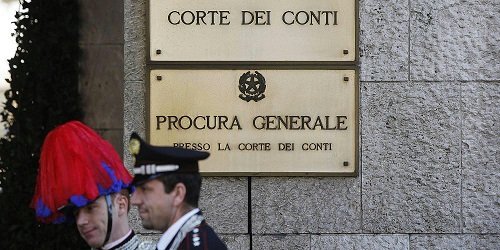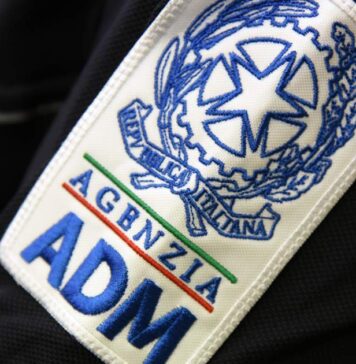La Court of Auditors reiterates the content of a recent ruling regarding the failure to pay part of the '500 million tax' provided for by the 2015 Stability Law and the damage to the state.
Failure to pay the tax by the manager does not cause direct damage to the Customs and Monopolies Agency, because it does not concern the forfeiture of bets net of winnings and therefore to be repaid, but it is a lower concession premium that the manager must comply with in the contractual relationship with the network concessionaire.
The jurisdictional section of Lazio established in a ruling that:
that there exists the “service relationship” with the public administration, an indefeasible prerequisite for fiscal responsibility. In fact, the manager, i.e. the person who carries out an organized activity aimed at the distribution, installation and economic management of the machines and who physically takes care of collecting the sums, is part of the gaming chain and as such is "in charge of a public service".
As stated by Constitutional Court , all the supply chain operators, and therefore also the managers, also in light of the changes introduced by the aforementioned stability law for 2016, are obliged to remit the entire proceeds of the bets net of winnings, withholding the compensation due to them.
The Constitutional Court stated that initially the managers were required to remit the entire proceeds of the games, without the possibility of withholding the remuneration due to them, and now instead they are also obliged, but only in proportion to the contractual remunerations of 2015, because the new provision of the stability law does not mention the obligation for managers and operators to pass on the proceeds of the games to the concessionaires, including the compensation due to them on the basis of the contractual agreements.
The examination of the case highlights how the request for compensation from the Prosecutor's Office concerns the lower compensation, which the manager did not take into account in the net transfer of the amount of the bets. In the context of the substantial petitum, therefore, the correlation of the amount with the compensation/permission of the operators in the supply chain, reduced by the aforementioned legal provisions, cannot
be overlapped with the amount of bets. It cannot be denied that, even if in reality the repayment of the amounts of the bets must be related to the net amount to be returned, this greater withdrawal has an impact on said refund. If we reasoned with the gross sums it would be more intelligible, but the netting process removes the "functional colour" from the final amounts: in effect therefore the disputed sum pertains only to the contractual relationship between the concessionaire and the manager, so much so that even the 'ADM claimed that it was not involved in any relationship with other subjects outside of the concessionaire, the sole counterpart of the financial administration. Strangeness that the College shares.
Failure to pay the increased withdrawal “2015 Stability Law share”, by the manager to the concessionaire, essentially concerns a lower compensation owed by the ADM to the concessionaire and of
which the manager in turn had to net in proportion to a lesser extent the sums of the bets, to be returned to the concessionaire net of winnings, according to the concessionaire's request
same. In other words, the related sum the lower compensation does not concern the forfeiture of the bets, where there would be no doubts regarding the tax damage, but the lower concession premium or contractual compensation to which each operator in the gaming chain, according to the aforementioned rules, had to be complied with in 2015 for the purposes of improving public finance objectives.
In this specific framework the Board believes that, despite being the manager, he is a public representative
service in the management of legal gaming and as such subject to the jurisdiction of the Court of Auditors,
in today's case there is no fiscal damage, because the sums in dispute here do not concern the bets acquired on the slot machines, i.e. the total amount of the income as a result of the bets net of the winnings and the failure to remit them to the dealer for the subsequent payment to the ADM. Instead, it concerns the compensation due and the amount of the same from the dealer to its manager, within the framework of the illustrated regulatory review. The resulting damage, which would have resulted according to the plaintiff's argument, cannot be considered direct damage to the Agency. Furthermore, as shown in the documents, these sums are supported by guarantees partly from the manager (in the documents) and from the concessionaire (the existence of which is not disputed) not yet enforced. Any debt owed to the manager for
issues relating to the compensation (lesser compensation) due to the latter by the concessionaire do not produce a fiscal damage for the ADM, and this regardless of whether or not the amount of the compensation must be reduced as a result of the fixed statutory share, which would have intended to re-divide the sacrifice among all the subjects of this specific legal gaming chain, precisely in terms of a proportional reduction of the compensation, as a contribution to the improvement of public finance balances.











